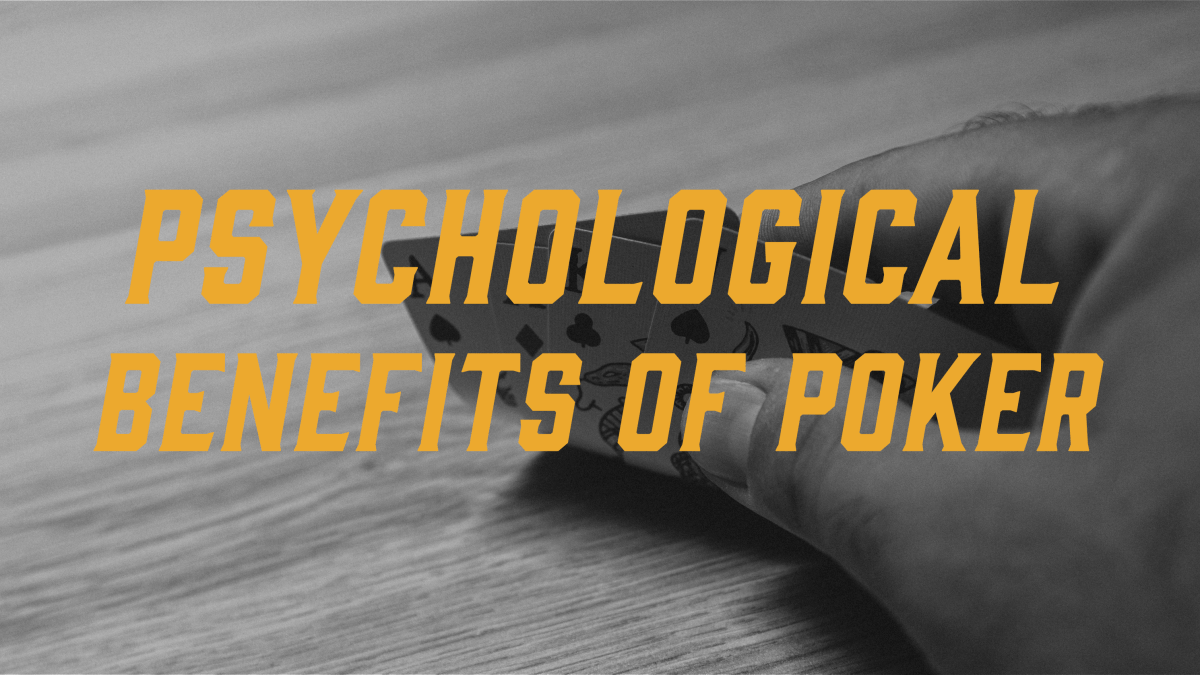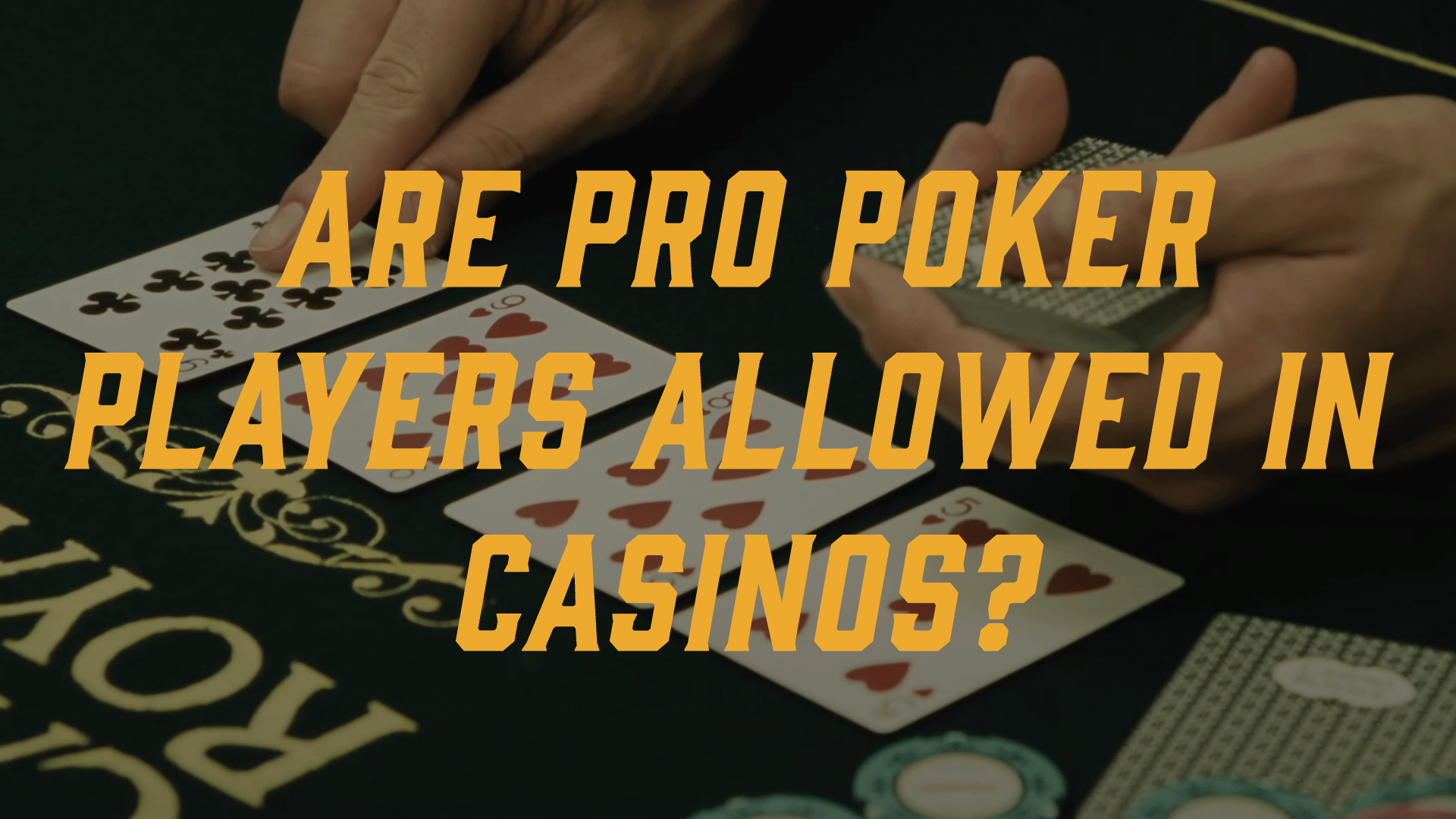Psychological Benefits of Playing Poker: Strategy and How Can it Be Applied to Life

Psychological Benefits of Playing Poker Strategy
Critical thinking skills:
In poker, you have to think critically to analyze the situation, read your opponents, and make informed decisions.
This requires careful consideration of multiple variables, such as your own cards, the cards on the table, your opponents' behavior, and your position in the game.
You can apply these skills to other areas of your life, such as problem-solving, decision-making, and analytical thinking.
Decision-making abilities:
Poker is all about making informed decisions under pressure. Every move you make in the game can impact your chances of winning or losing.
This helps you improve your decision-making abilities in other areas of your life, such as your career, relationships, and personal goals.
You'll learn to weigh the pros and cons of different options, consider different scenarios, and make the best decision based on the information available.
Emotional control and resilience:
Playing poker can be stressful, especially when you're on a losing streak or facing a difficult opponent.
However, learning to control your emotions and bounce back from losses is an important part of the game.
These skills can easily be applied to other areas of your life, such as dealing with stress, setbacks, and challenges.
Self-confidence and self-esteem:
Winning at poker can boost your self-confidence and self-esteem. It's a validation of your skills and a reminder that you can succeed if you put in the effort.
The game of poker can help you develop a sense of self-assurance that can carry over into other areas of your life, such as your career, relationships, and personal goals.
Social skills and networking:
Playing poker is a social activity that can help you make new friends and network with others who share your interests.
It's a great way to connect with people from different backgrounds and learn from their experiences.
With that, you can improve your social skills, such as communication, teamwork, and collaboration, which are important in both personal and professional settings.
How Playing Poker Strategy Can be Applied to Life
Making informed decisions:
In poker, every move you make can impact your chances of winning or losing.
By learning to make informed decisions in the game, you can apply this skill to other areas of your life, such as your career, relationships, and personal goals.
You'll learn to weigh the pros and cons of different options, consider different scenarios, and make the best decision based on the information available.
Reading people:
In poker, you have to be able to read your opponents and anticipate their next move.
This skill can be applied to other areas of your life, such as negotiations, sales, and relationships.
By getting better at reading people, you can better understand their needs, motivations, and emotions, and build stronger connections with them.
Managing emotions:
In poker, you have to be able to control your emotions and maintain a poker face.
This can be applied to other areas of your life, such as dealing with stress, setbacks, and conflicts.
The better you are at managing your emotions, the better you’ll be at avoiding impulsive decisions, staying focused on your goals, and maintaining positive relationships with others.
Taking calculated risks:
In poker, you have to take calculated risks based on the information available. This can be applied to other areas of your life, such as entrepreneurship, investing, and career advancement.
Those who know how to take calculated risks, can seize opportunities, learn from failures, and achieve greater success.
The Bottom Line
Playing poker strategy can offer a variety of psychological benefits, such as improving critical thinking, decision-making abilities, emotional control, self-confidence, and social skills.
Whether you're a professional poker player or just someone looking to make positive changes in your life, the lessons you learn from playing poker strategy can be invaluable.
All you need to do is think about the way you make everyday decisions from a strategic point of view, and you’ll start seeing a difference!







Leave a comment